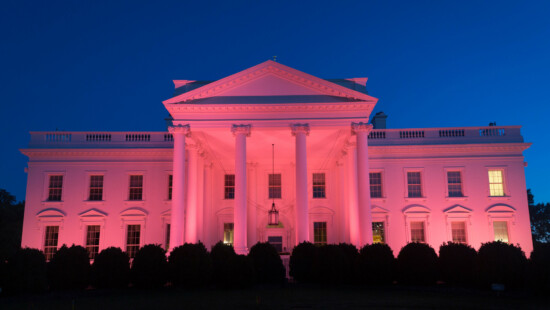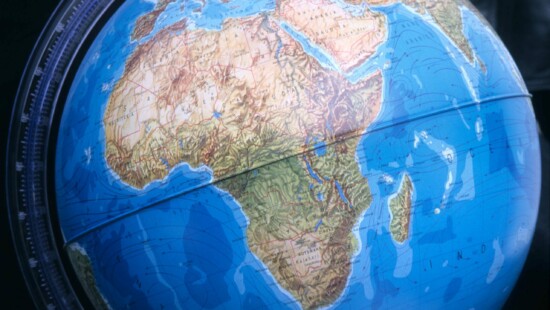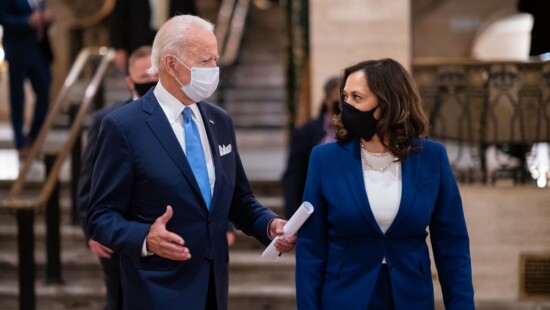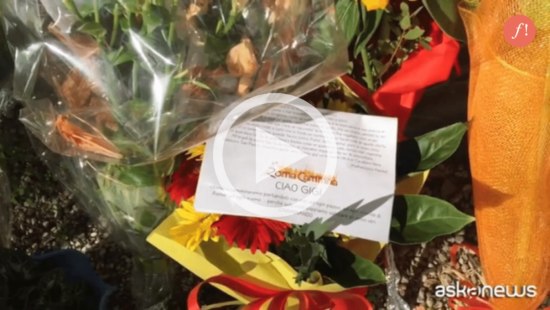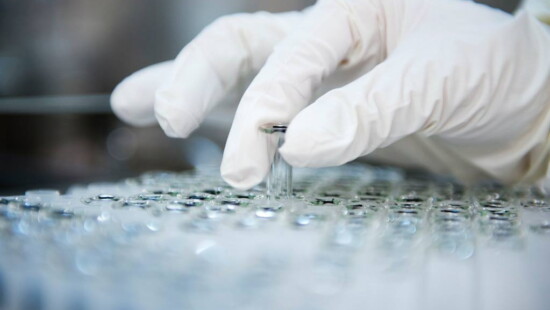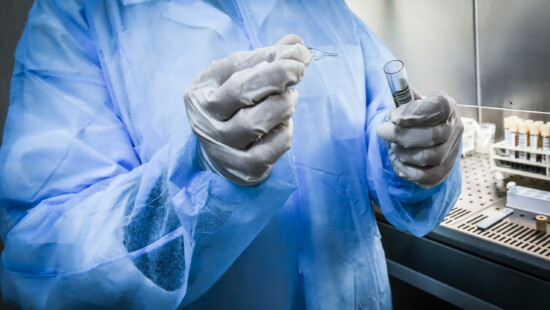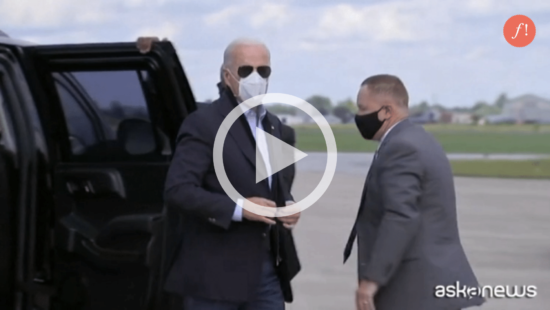La destra di domani non ha bisogno di nuove idee, ma di persone che siano in grado di renderle commestibili come medicina contro il collasso della civiltà occidentale, non assolvibili di sicuro con la vecchia logica del progresso inarrestabile e dei diritti globali indifferenziati, cumulati da tutti senza distinzioni oggettive e senza verità. Il commento di Benedetto Ippolito
Archivi
Biden and the Vatican: allies in the making?
The Biden administration will overhaul Trump era policies. What will it mean for the Vatican and religious freedom, and what impact will it have on US geopolitics?
Biden, Trump e il vaccino. La destra sta al potere come Tyson alle buone maniere
C’è un collegamento tra l’annuncio di Pfizer sul vaccino anti-Covid e il risultato elettorale acquisito negli Stati Uniti? Non vi sono evidenze in grado di dimostrarlo oggi e probabilmente mai ne avremo ma si può dire che la destra, giuste o sbagliate che siano le sue posizioni, continua a capirci poco del reale funzionamento del potere. Il corsivo di Roberto Arditti
La Cina alla conquista del petrolio d'Africa. La mappa di Valori
Così nel tentativo di posizionarsi come attori globali nel mercato mondiale del petrolio e del gas, le compagnie cinesi stanno investendo nell’esplorazione e nella produzione di forniture di petrolio e gas in Africa. L’analisi di Giancarlo Elia Valori
Mediterraneo, perché l'Italia ha bisogno di una Zee. Scrive Di Stasio (M5S)
In un momento storico in cui si ritorna a parlare della centralità del mar Mediterraneo nelle dinamiche geopolitiche mondiali, l’Italia riprende il controllo dei suoi confini marittimi. L’intervento di Iolanda Di Stasio, deputata del Movimento Cinque Stelle
Biden e la realpolitik in Medio Oriente. Chi trema (e chi no)
Più che un appeasement, una collaborazione caso per caso, all’insegna della realpolitik. Dall’Egitto al Kuwait, Dario Cristiani, fellow del German Marshall Fund e dell’Istituto Affari Internazionali, spiega dove Joe Biden tenderà una mano alla Fratellanza Musulmana
Poesie, messaggi e fiori per Proietti davanti al Globe Theatre. Il video
Poesie, messaggi e fiori per Proietti davanti al Globe Theatre [embedyt] https://www.youtube.com/watch?v=fGNc2u7IhKo[/embedyt] Roma, 9 nov. (askanews) - Davanti alla biglietteria del Globe Theatre, la replica del teatro elisabettiano che dirigeva a Villa Borghese a Roma, sono ancora tanti i mazzi di fiori e i messaggi, anche di bambini, che ricordano il grande Gigi Proietti, scomparso il 2 novembre a 80…
Il vaccino anti-Covid efficace al 90%. L'annuncio di Pfizer-Biontech
Albert Bourla, presidente della società farmaceutica statunitense, ha annunciato i primi risultati positivi della fase 3 della sperimentazione sul vaccino. Adesso Pfizer punta a chiedere all’Agenzia del farmaco e dell’alimentazione degli Usa un’autorizzazione d’emergenza per la produzione entro la fine dell’anno di un numero di dosi necessario a immunizzare tra le 15 e le 20 milioni di persone
Bill Gates, le scimmie e gli alieni. Tutte le bufale (russe) sul vaccino
Mosca vuole la leadership della gestione della pandemia e sfrutta gli strumenti in rete. Il governo britannico ha rilevato più di 200 attacchi informatici legati alla pandemia. E punta il dito contro Mosca come “una minaccia continua” nello sviluppo del vaccino (occidentale) contro il Covid-19
Joe Biden convocherà già oggi una task force contro il Covid-19. Il video
Joe Biden convocherà già oggi una task force contro il Covid-19 [embedyt] https://www.youtube.com/watch?v=HGDuwvaXEvg[/embedyt] Milano, 9 nov. (askanews) - "Il popolo di questo paese ha parlato e ha parlato in modo chiaro, dandoci una vittoria chiara". Così il presidente eletto degli Stati Uniti in una delle prime dichiarazioni da futuro inquilino della Casa Bianca. Ma Biden si è messo già al…




